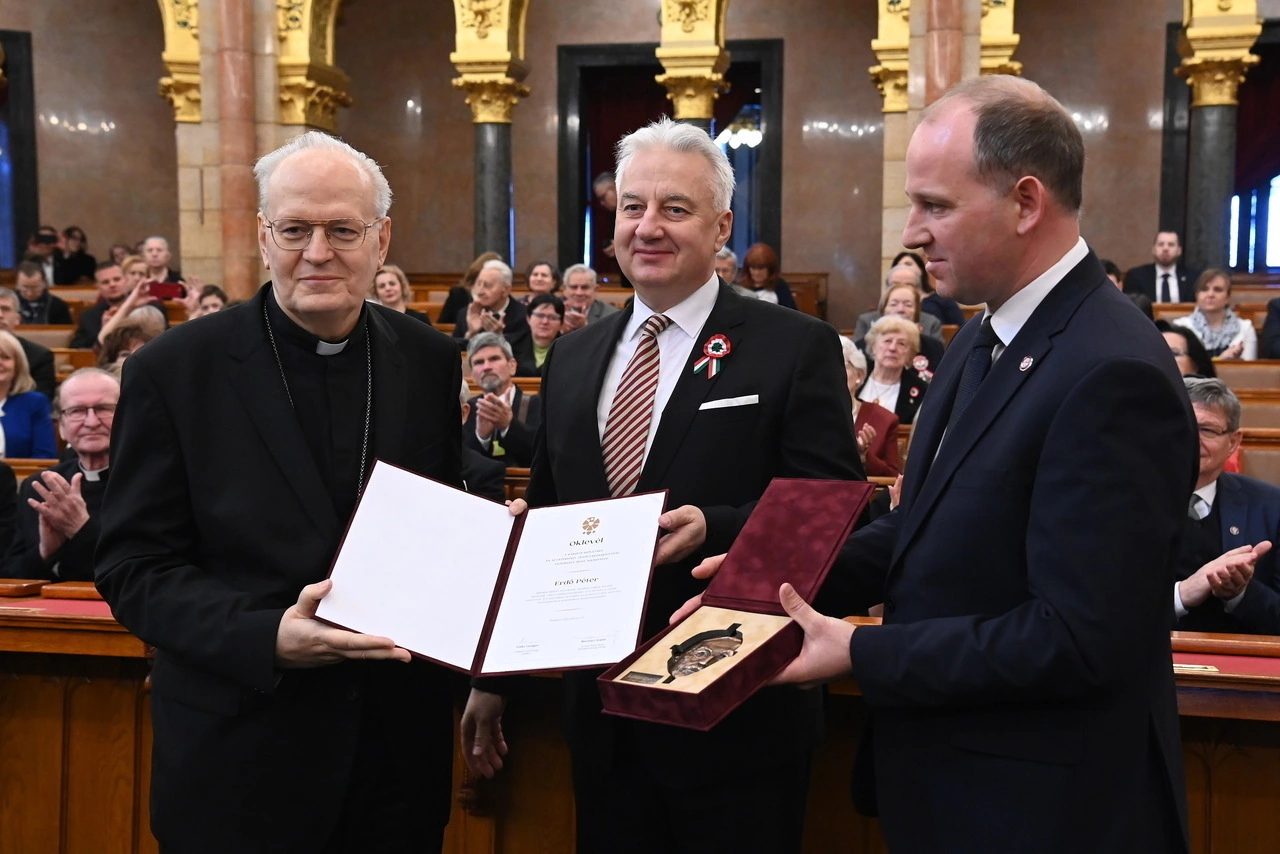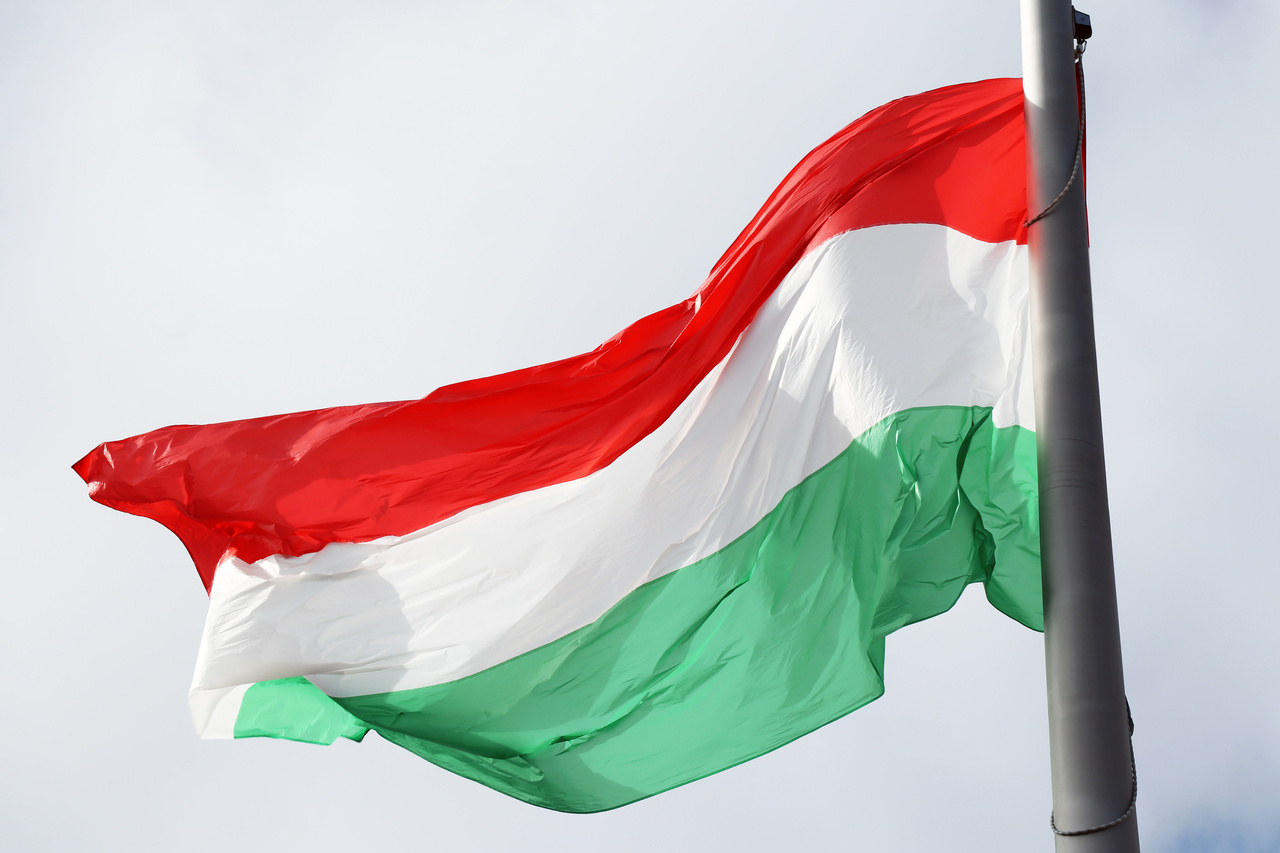Ethnic Hungarian politician János Esterházy “symbol of CE cooperation”

János Esterházy, a leader of Slovakia’s ethnic Hungarian community between the two world wars, represents a link between Hungarians and neighbouring nations, Deputy Prime Minister Zsolt Semjén said on Sunday.
Semjén told an event dedicated to the martyred politician in Parliament that he was a “symbol of central European cooperation and of the shared history” that the Visegrád Group cooperation currently tries to build.
Esterházy’s “deeply Christian dedication” and support for national values made him a “true compass in the storms and inhumanity of the 20th century”, Semjén said.
The Rákóczi Association and the Esterházy János Memorial Committee decorated Cardinal Péter Erdő, Archbishop of Esztergom-Budapest, with the Esterházy award.
After thanking the award, Erdő said that Esterházy’s career demonstrated that promoting Christian values in public life was always possible but only “if we are ready to” accept martyrdom if necessary.
Count Esterházy (1901-1957), the sole Hungarian deputy in the Slovak Parliament before 1945, was a firm advocate of the ethnic Hungarian community, raising his voice against any violation of minority rights and against discrimination.
Czechoslovak authorities arrested him in 1945 under the charge of war crimes and turned him over to the Soviet military authorities. In 1947 he was sentenced to 10 years of forced labour in Moscow and handed a death sentence in absentia in Bratislava on trumped-up charges.
Two years later, the Soviet Union extradited the ailing Esterházy to Czechoslovakia, where the president commuted the death sentence to life imprisonment. The count died in a prison in Mirov in March 1957.
Source: MTI



